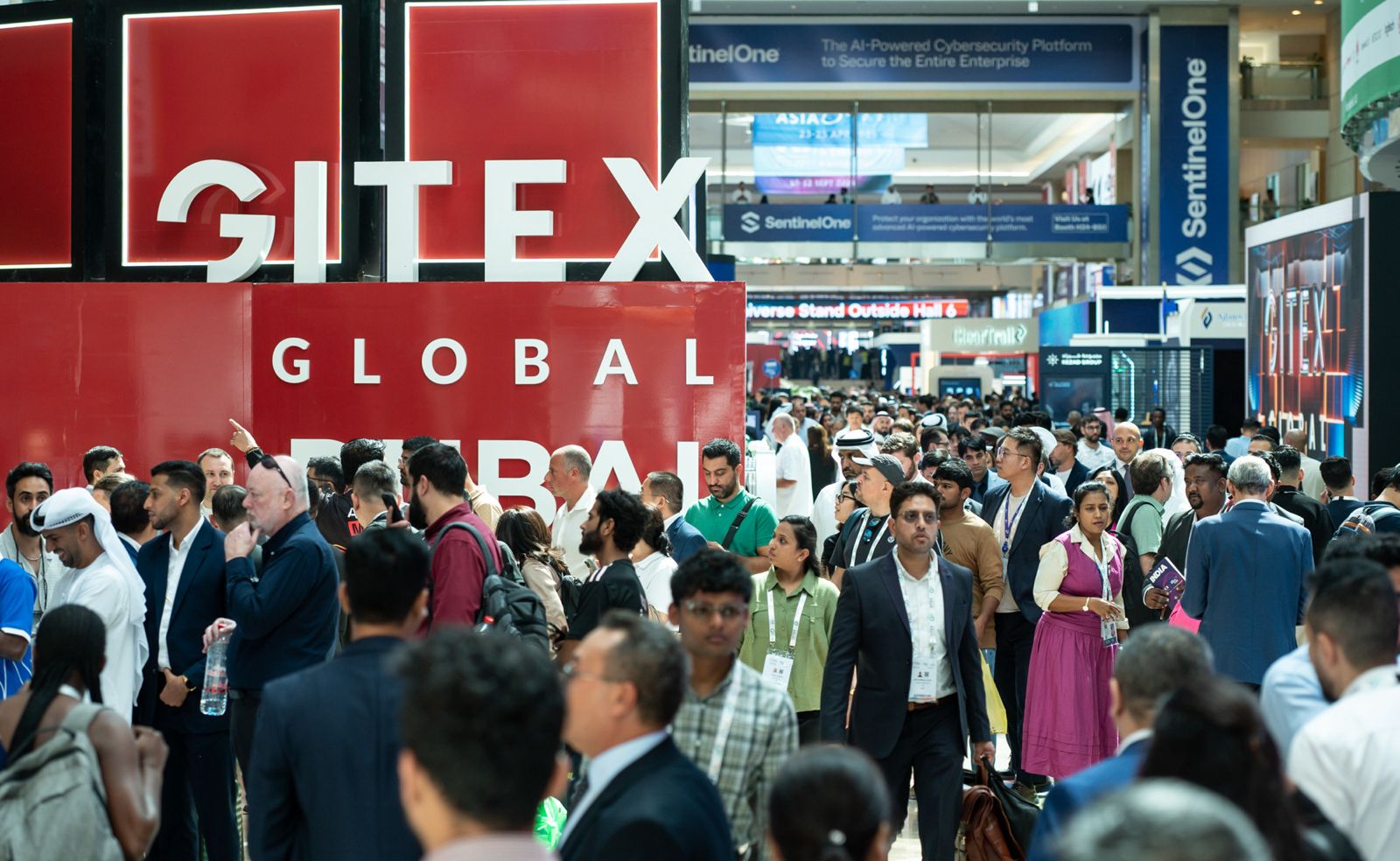As the GITEX Global event unfolds at the Dubai World Trade Center, discussions around regulations, safety, and the implications of deepfake technology have taken center stage.
This year’s theme, “AI Urbanism: Will Algorithms Develop My City?” sparked a critical dialogue among panelists about the rapidly evolving landscape of artificial intelligence (AI) and the pressing need for standardized regulatory frameworks.
Panelists underscored the urgency for global policymakers and technology leaders to collaboratively establish compliance policies that ensure the safe deployment of AI. They emphasized that such frameworks are essential for safeguarding the interests of populations worldwide in the coming years.
Dr. Obafemi Hamzat, Deputy Governor of Lagos State, leading the state’s delegation to the conference, highlighted the importance of stringent legal measures surrounding AI, akin to existing global data protection regulations.
He argued for the establishment of robust protocols to eliminate biases within AI systems. “Laws should reflect standard protocols for AI, just as we have for data protection. We need to ensure that AI benefits all sectors, especially in health, education, and government services,” Hamzat stated.
READ ALSO: GITEX 2022: Nigerian startups qualify for semi-final pitch competition
He posed a critical question regarding the global applicability of AI: “If someone falls ill here, how can we ensure they receive care, regardless of their origin?” This inquiry reflects a broader concern about the universality of AI solutions across diverse jurisdictions.
Hamzat stressed the need for data connectivity that transcends borders, warning against the historical tendency to develop data systems that cater primarily to specific demographics.
“We must ensure that AI data is inclusive and that all stakeholders agree on its parameters. Some suggest using AI in judicial roles to mitigate bias, but we must also advocate for an AI rights bill similar to our data protection bill, establishing clear global operational principles,” he remarked. He believes that with the establishment of standardized protocols, the benefits of AI can extend into vital areas such as healthcare and education.
READ ALSO: NCC’s Danbatta urges global investors to seize opportunities in Nigeria’s thriving telecom sector
In a separate panel on funding tech startups in Africa, Mr. Tunbosun Alake, Lagos State Commissioner for Science, Technology, and Innovation, emphasized the need for a robust foundation in education, training, and research to enhance technology penetration on the continent. “
The Lagos State Government, under Governor Babajide Sanwo-Olu, has created initiatives to leverage the rich talent pool in the state, focusing on supporting startups from their inception stages,” he said.
Alake detailed the state’s commitment to fostering innovation, mentioning that Lagos has the largest research and development (R&D) fund in Nigeria, financing over 70 initiatives across four major universities.
He shared an example of an environmental project aimed at replacing non-biodegradable plastics, which has led to the creation of two new companies emerging from university research.
Addressing the challenges faced in Africa, Alake pointed to education as the most significant barrier to progress. “In Nigeria, the most educated regions yield the greatest economic value.
There is a pressing need for an educational renaissance across Africa. By investing in education, we empower individuals to transform their environments,” he asserted. He acknowledged the challenges of funding education due to delayed returns on investment but maintained that the long-term benefits would ultimately prevail.
As the conference progresses, the dialogues surrounding AI regulations, inclusivity, and education signal a pivotal moment for global leaders to forge a path toward a more equitable and technologically advanced future.

 Latest2 days ago
Latest2 days ago
 Trends3 days ago
Trends3 days ago
 Energy7 days ago
Energy7 days ago
 Aviation1 week ago
Aviation1 week ago
 Latest1 week ago
Latest1 week ago
 Education7 days ago
Education7 days ago
 Business5 days ago
Business5 days ago
 Football5 days ago
Football5 days ago

